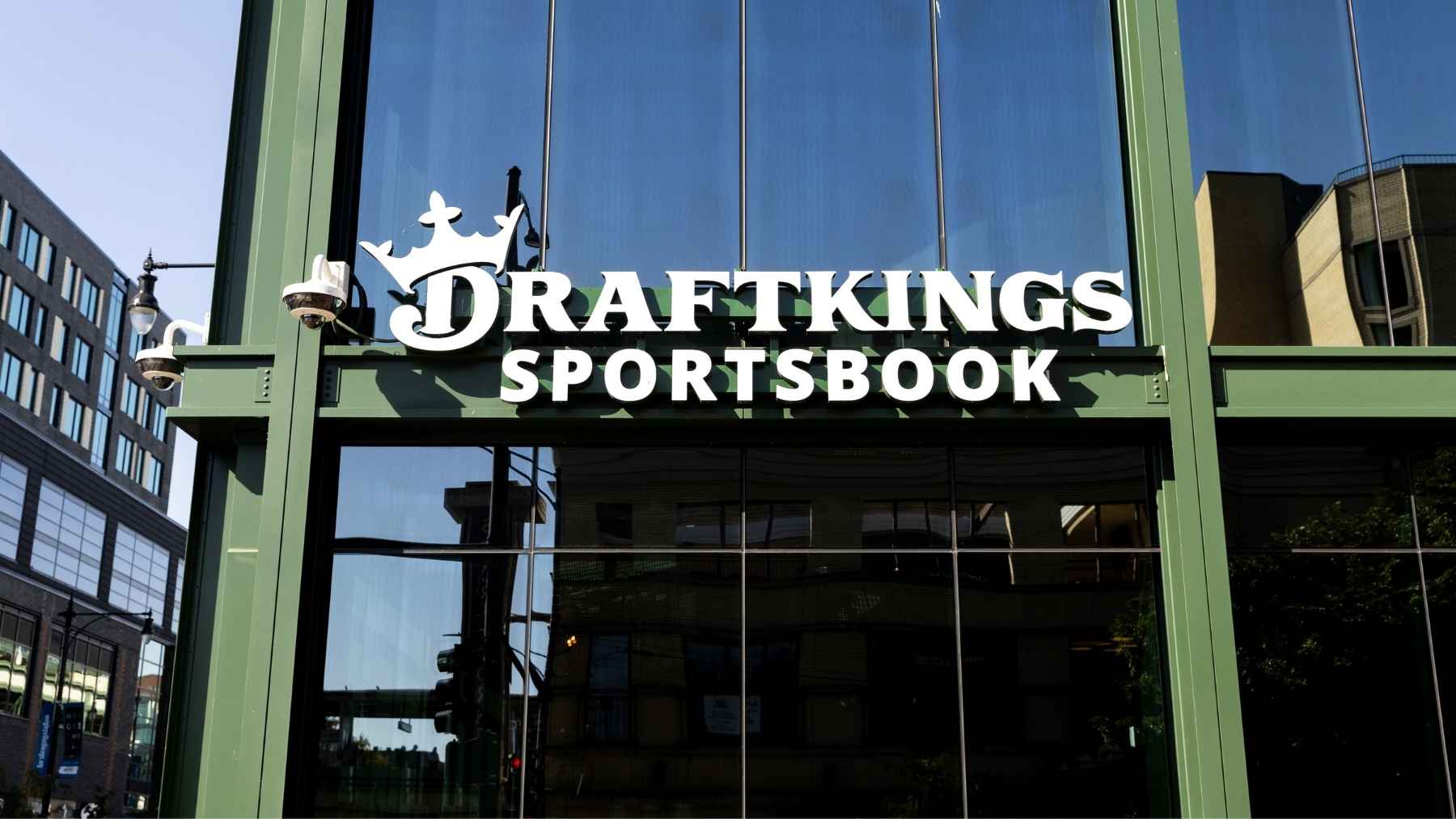On Monday, online sports betting stocks stumbled after lawmakers passed a surprise tax hike on digital wagers. This move has sent shock waves through the gambling industry, and there are concerns that other states might make a similar move.
Stock Prices Slide Across the Sports Betting Industry
Almost all online sports betting stocks dropped. FanDuel parent Flutter Entertainment saw its stocks drop by over 2% while DraftKings’ stocks dropped by more than 6%. MGM Resorts and Rush Street Interactive, which are the operators of BetRivers in Illinois, also experienced a drop in their shares. The stocks of Roundhill Sports Betting & iGaming ETF (BETZ) also fell nearly 2%.
Illinois Passes a Surprise Tax Hike
Both chambers of Illinois’ state legislature passed a budget that includes a 25-cent per-wager fee on the first 20 million online bets placed by each operator per fiscal year. Bets that go beyond that threshold will be taxed at 50 cents each. The governor of Illinois, J.B. Pritzker, confirmed that he would sign the budget into law.
This new budget model comes on top of last year’s progressive tax structure that raised rates on sports betting revenue from 15% to 40% for top-tier operators. Unlike previous changes, the per-bet tax was introduced with little to no notice in advance.
Large Betting Platforms Face Hefty Costs Under New Policy
According to estimates by Citi, Draft would have saved an extra $68 million in taxes under the new model in the past year. To protect their profits, operators might be forced to reduce the cost of promotions and user incentives in the state.
Truist Analyst Barry Jonas noted that FanDuel and DraftKings are highly likely to surpass the 20 million bet and therefore they will have to pay 50 cents for bets surpassing the threshold. Other smaller competitors like BetRivers and EXPN Bet may not feel the impact of the new tax hike because they are less likely to surpass the 20 million threshold.
Industry Leaders Call the Tax ‘Crippling’ and Unfair
The Sports Betting Alliance which represents major platforms like FanDuel, DraftKings and BetMGM said that the new tax structure is a crippling policy that was passed without consideration and warning. The group said that the new model hurts the legal market. They vowed to fight against the tax and advocate against the implementation of similar measures in other states.
Fears Grow That Other States May Follow Illinois’ Example
Illinois is one of the 27 states that allow statewide online sports betting. The decision to impose a per-bet tax instead of a percentage of revenue makes Illinois one of the states with the highest rates in the country. The new tax plan has raised concerns that other states may adopt similar measures to fill budget gaps.
Currently, tax rates imposed on sports betting revenue vary widely across the country. States like Iowa and Nevada have lower rates of just 6.75%, while Rhode Island and New York have tax rates of up to 51%. The introduction of a flat transaction fee by the Illinois law could affect high-volume operators disproportionately.
Uncertainty Looms as the Market Adapts
The shift from revenue-based taxation to per-transaction fees introduces new risks and makes revenue prediction more challenging for operators. Investors are worried that if large markets like Texas and California choose a similar approach, sports betting firms might see margins erode significantly nationwide.
Conclusion
The Sports Betting Alliance plans to challenge the decision made by Illinois’ lawmakers and prevent it from being adopted nationwide. With the law set to take effect soon, operators will have to revise their pricing strategies, promotional budgets, and expansion plans.
The surprise move by Illinois is a signal of the changing regulatory climate for online gambling that might force companies to rethink how and where they do business in the U.S.

